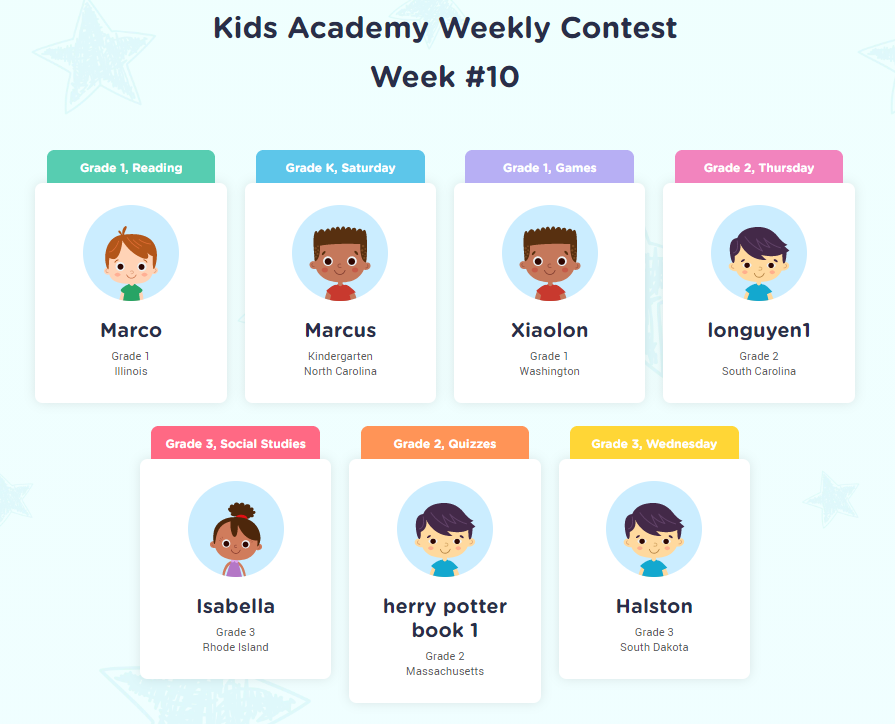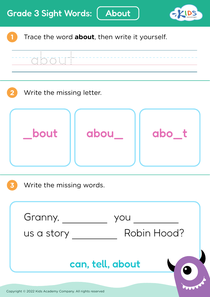RF.3.3.D Phonics and Word Recognition worksheets With Answers for Grade 3
20 filtered results
-
From - To
Enhance your Grade 3 students' phonics and word recognition skills with our RF.3.3.D worksheets designed specifically for young learners. These engaging, print-friendly activities focus on decoding words and recognizing spelling patterns to support literacy development. Each worksheet is aligned with Common Core State Standards and provides clear answer keys for teachers. The activities encourage active participation, improve reading fluency, and build a strong foundation in phonetic skills. Ideal for classroom use or home practice, our resources make learning fun and effective. Visit our website to access these valuable teaching tools that empower students on their reading journey!
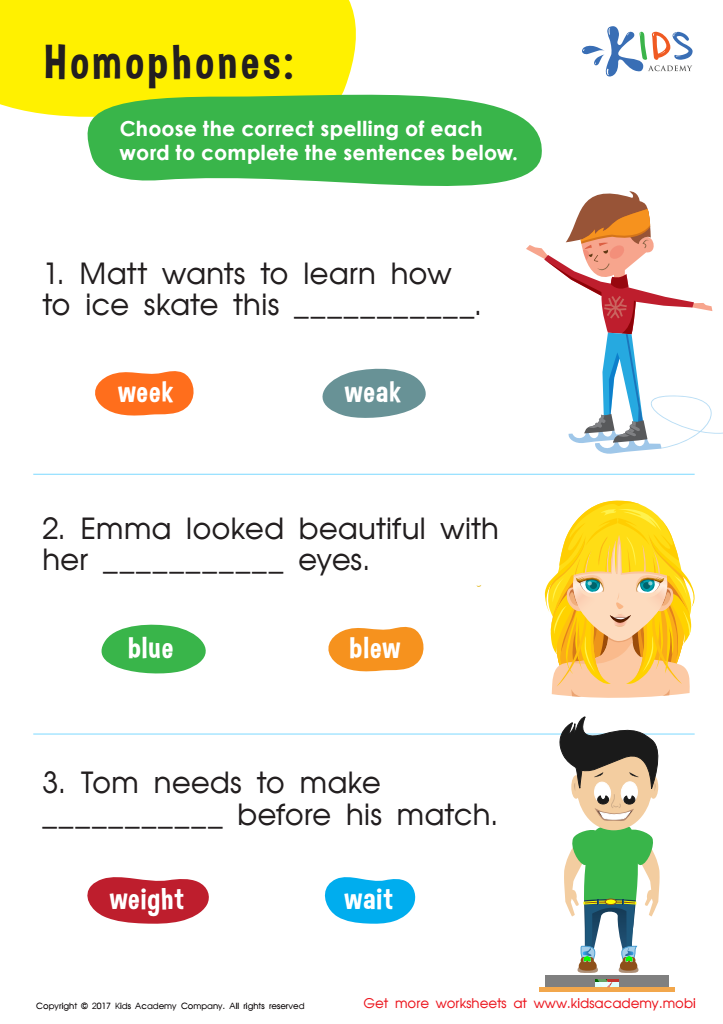

Homophones Ate/Eight Spelling Worksheet
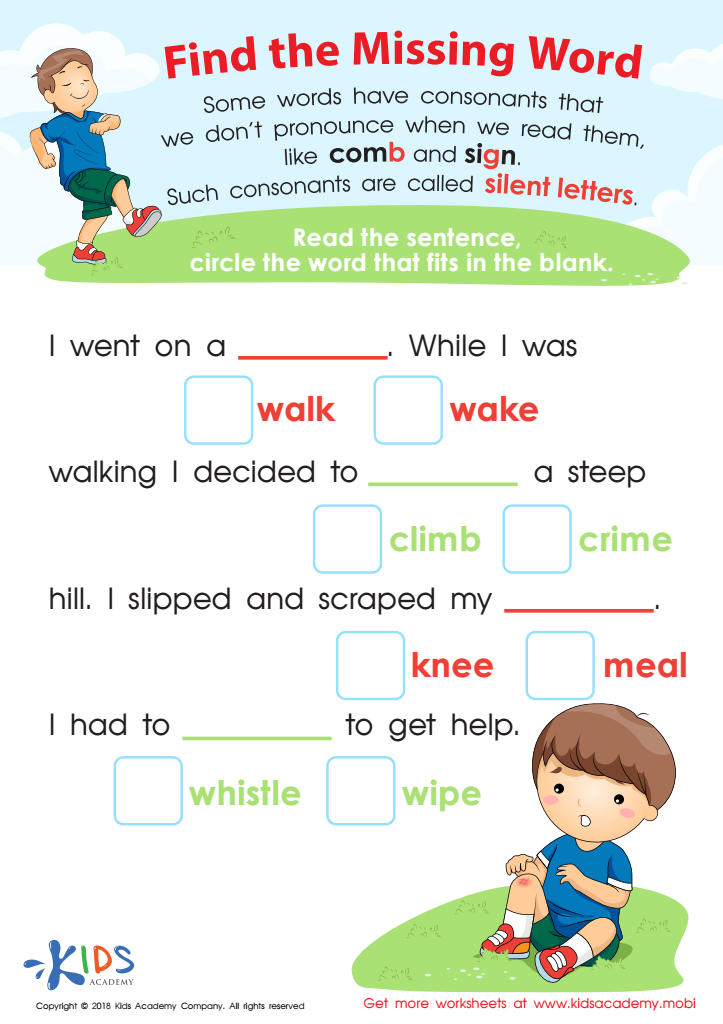

Find The Missing Word Worksheet
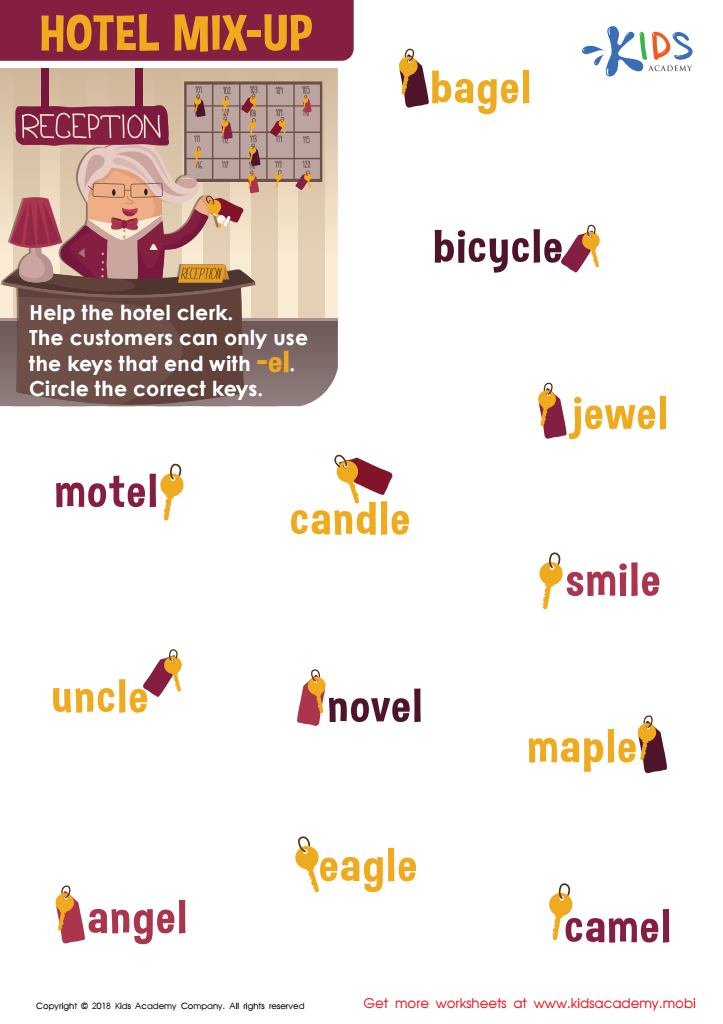

Hotel Mix-up Worksheet
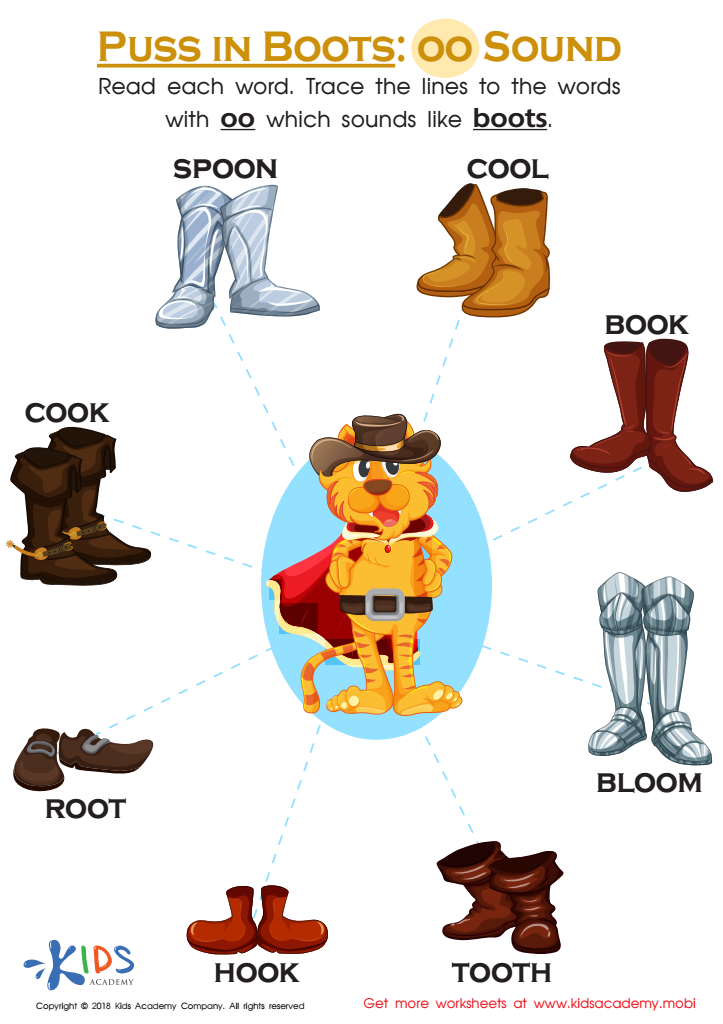

Puss in Boots: OO Sound Worksheet
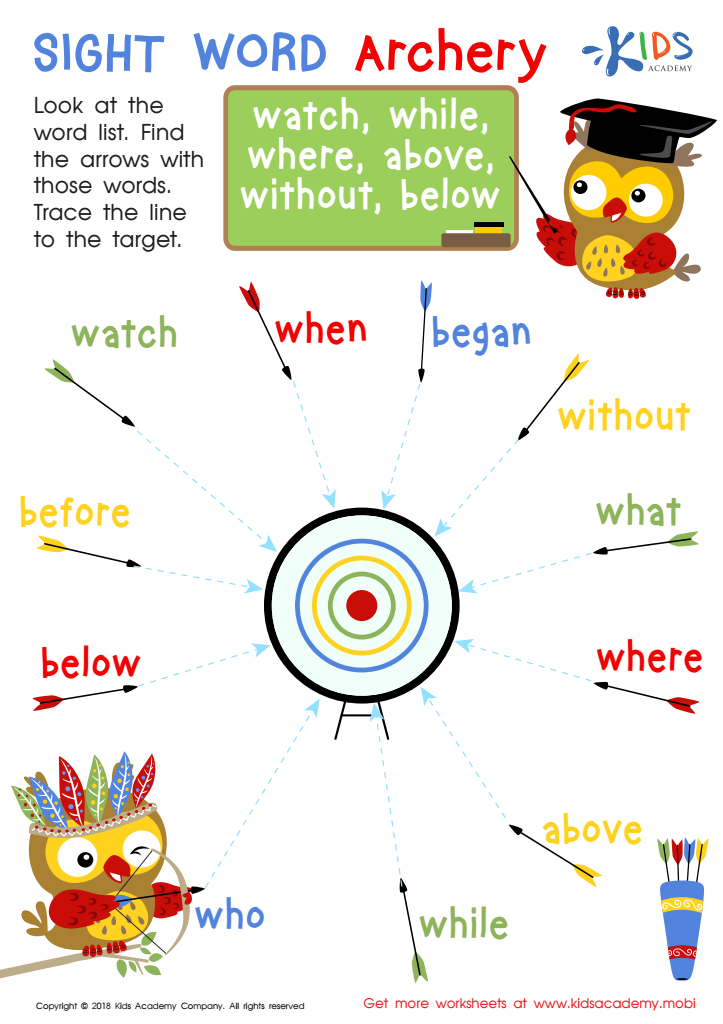

Sight Word Archery Worksheet


Phonics and Word Recognition: Assessment 3 Worksheet
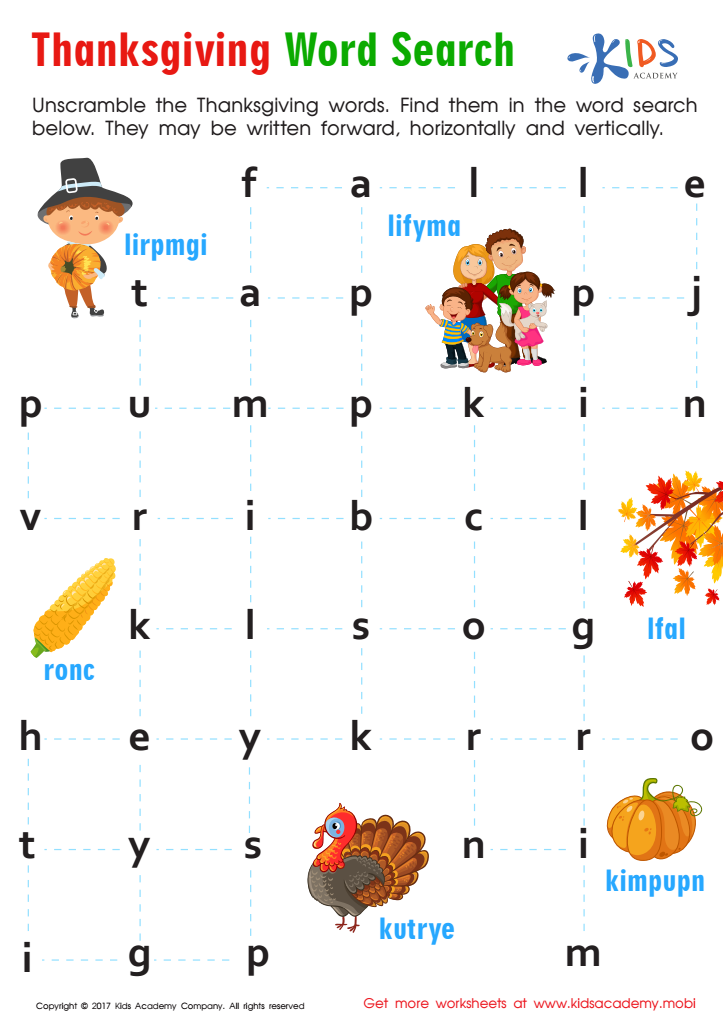

Thanksgiving Word Search Sight Words Worksheet
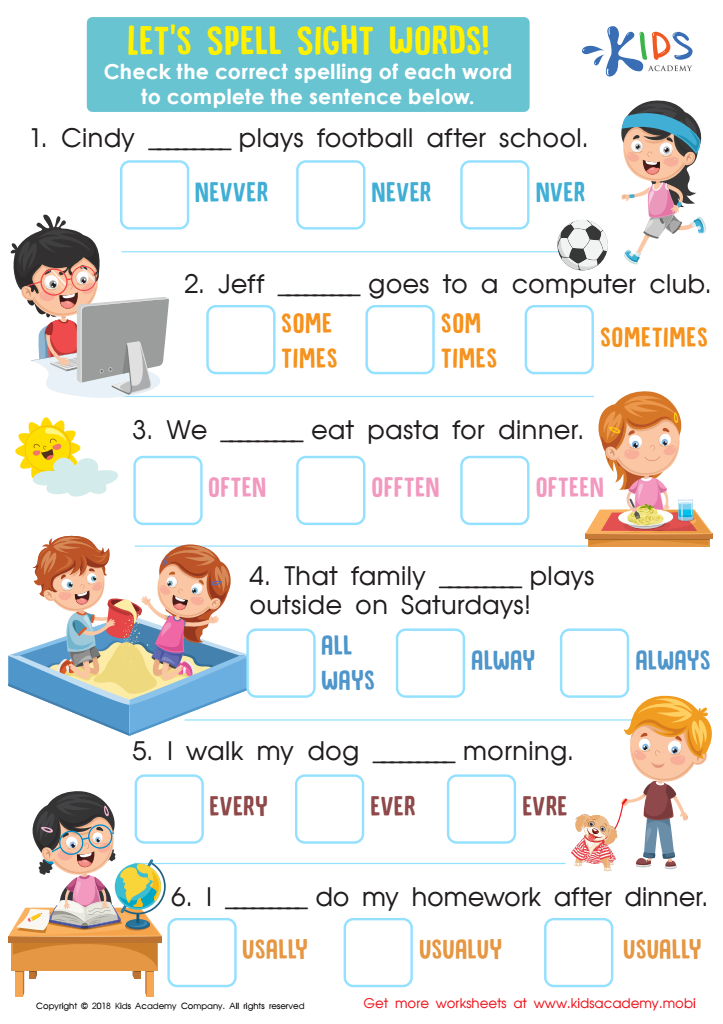

Let's Spell Sight Words Worksheet
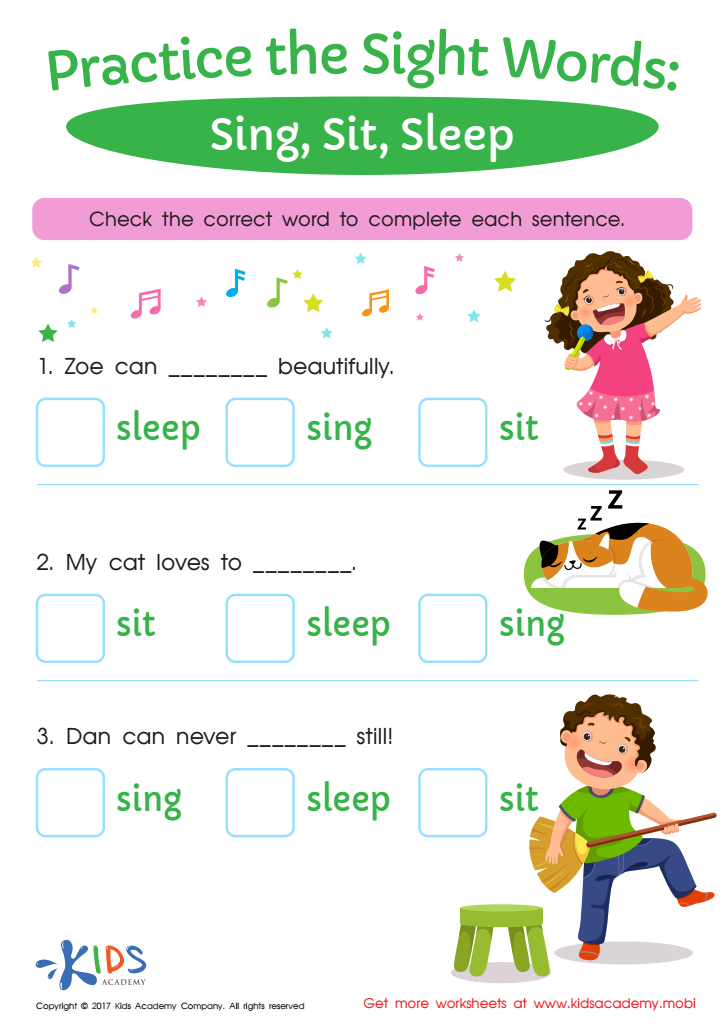

Sing, Sit, Sleep Sight Words Worksheet
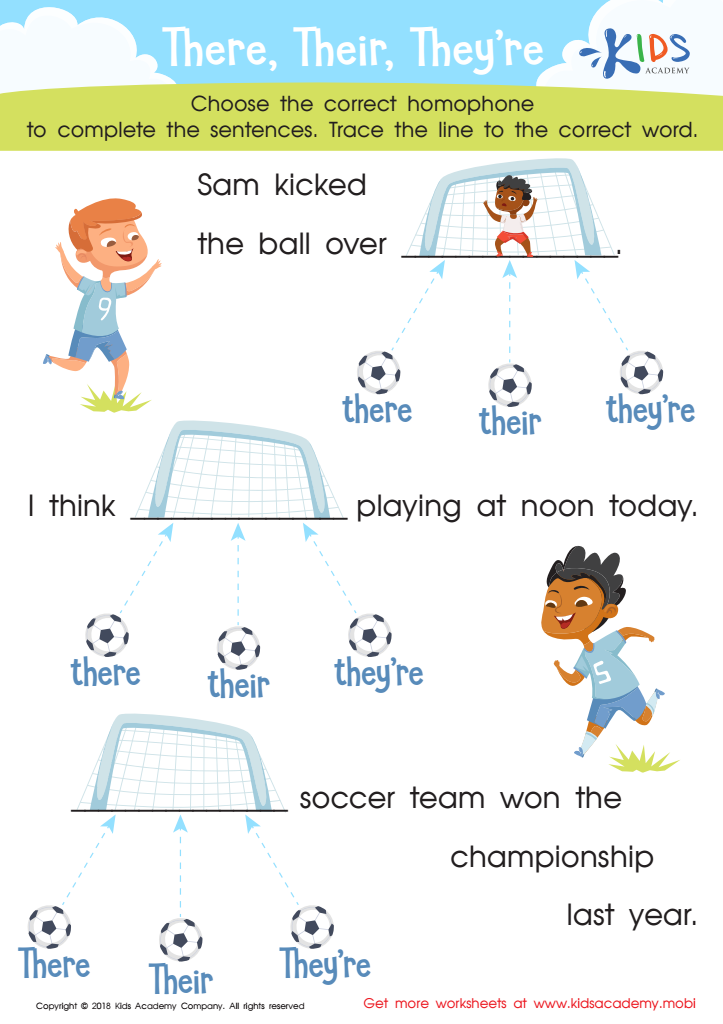

There, Their, They're Worksheet
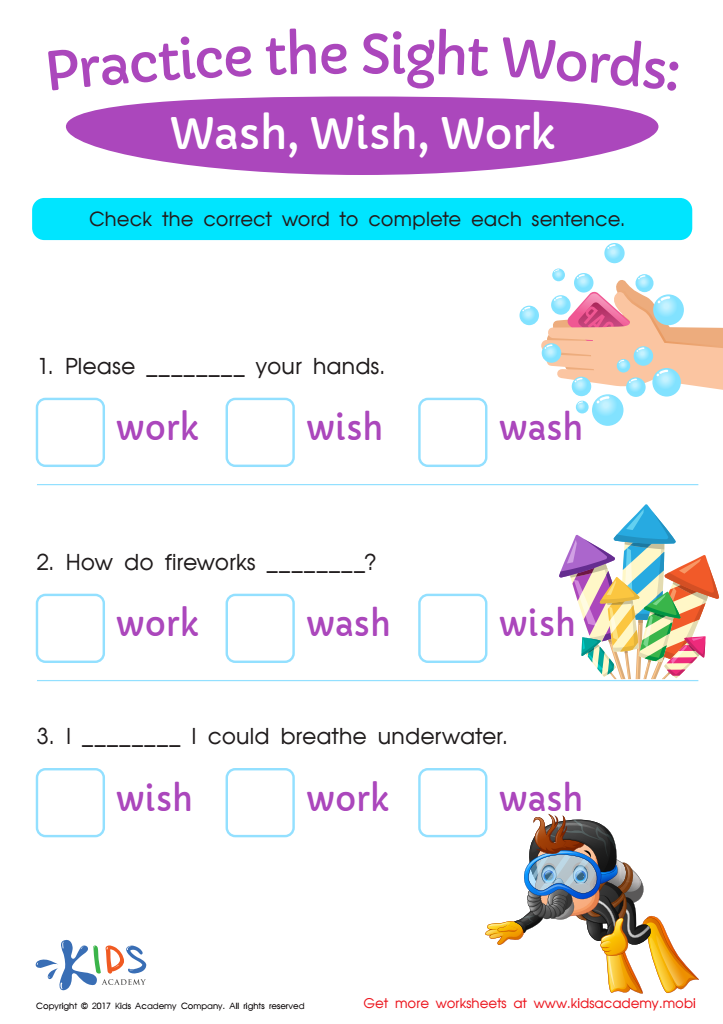

Wash, Wish, Work Sight Words Worksheet
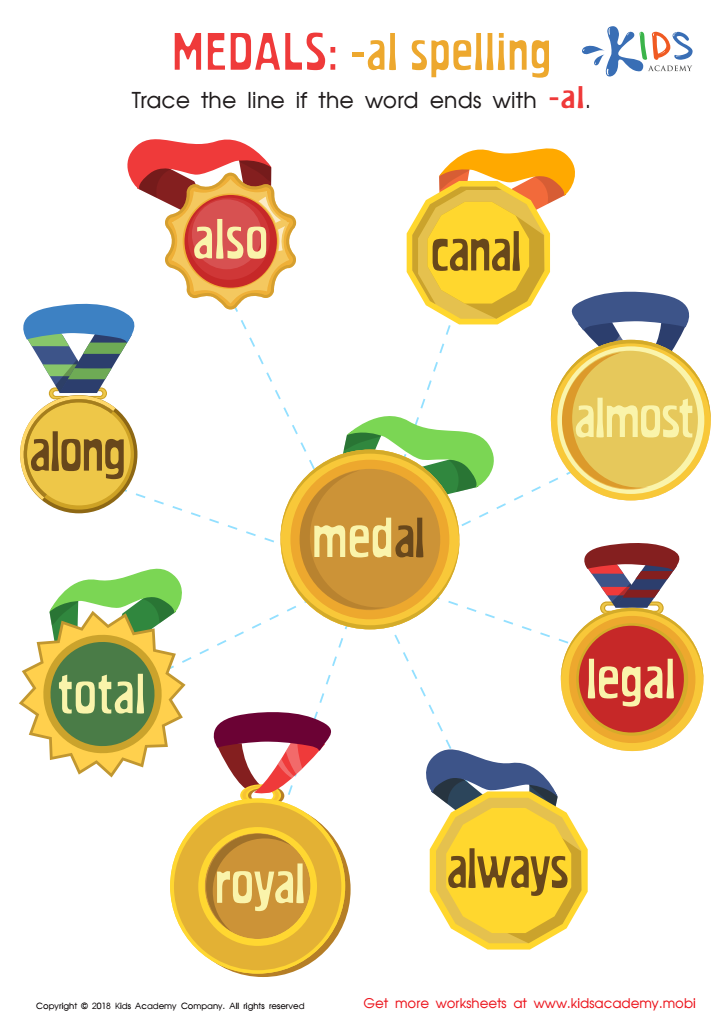

Medals: Al Spelling Worksheet
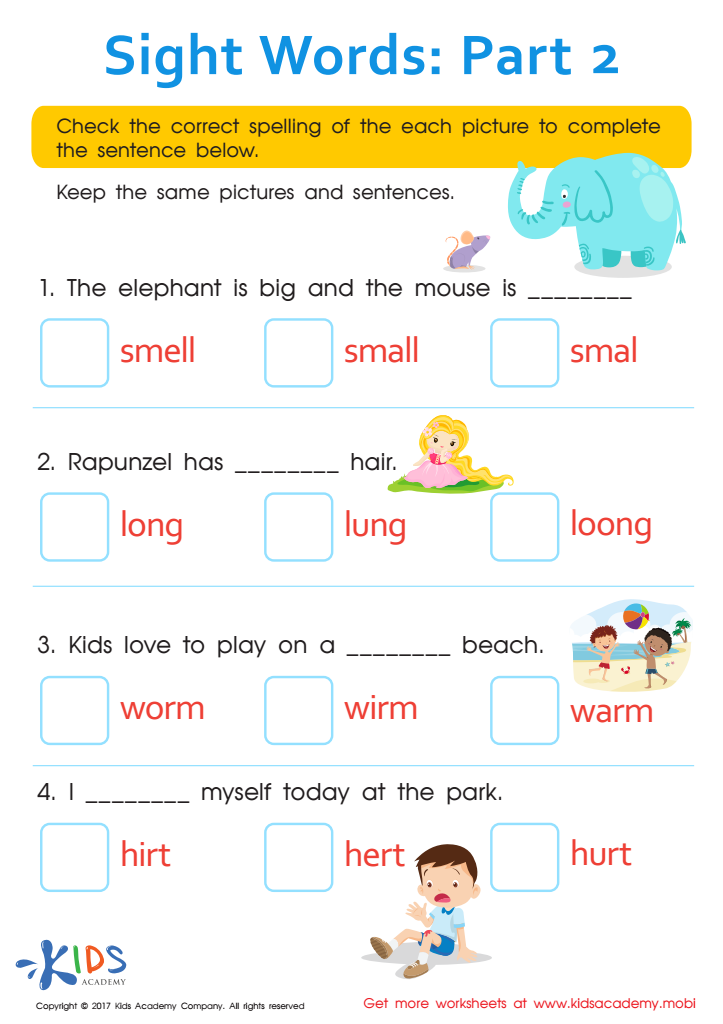

Sight Words Worksheet
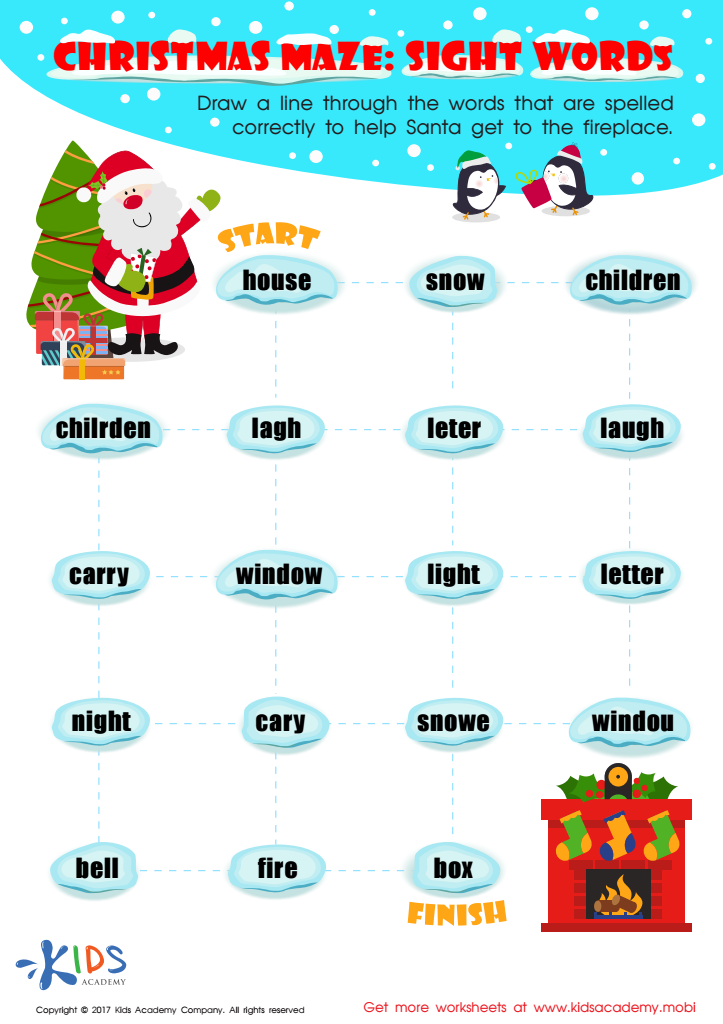

Sight Words Christmas Maze Printable
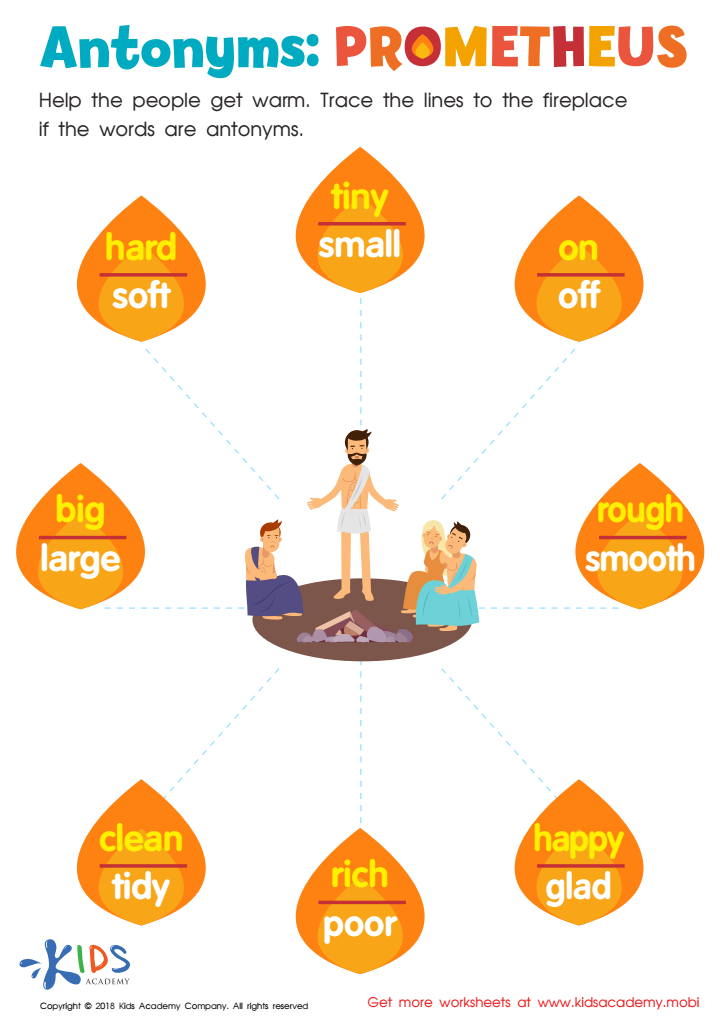

Antonyms: Prometheus Worksheet
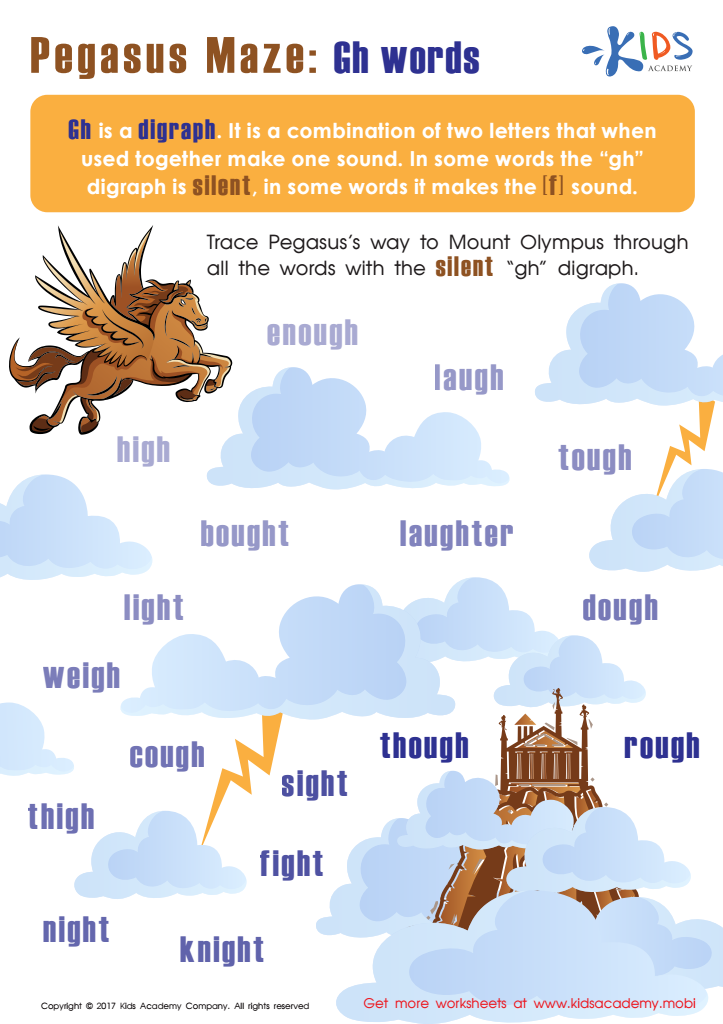

Pegasus Maze: GH Words Worksheet
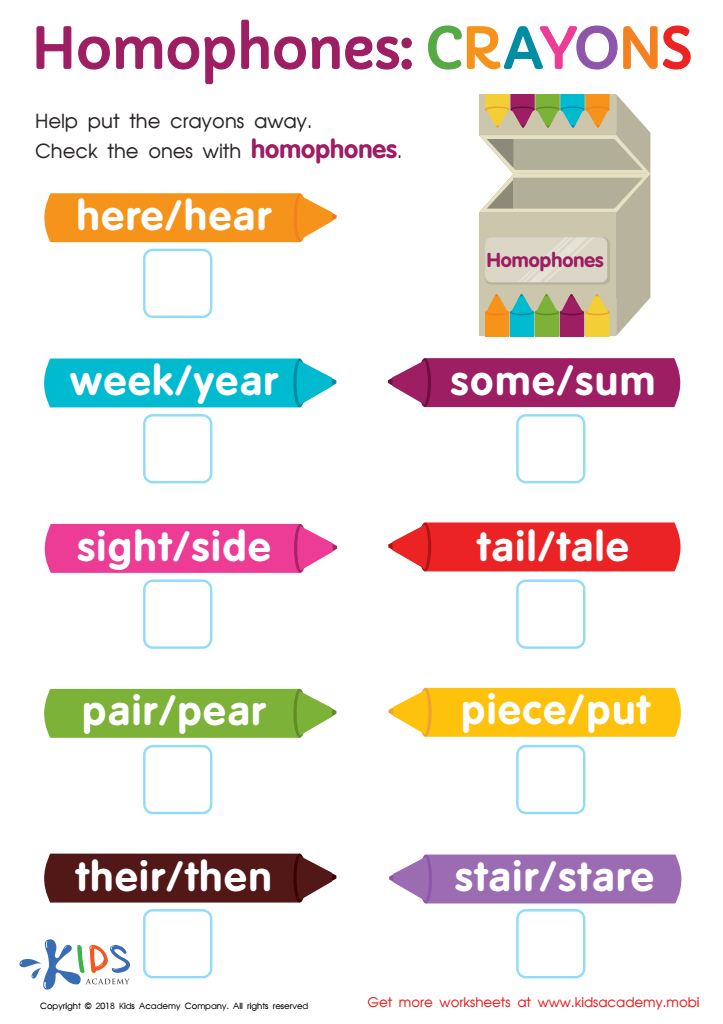

Homophones: Crayons Worksheet
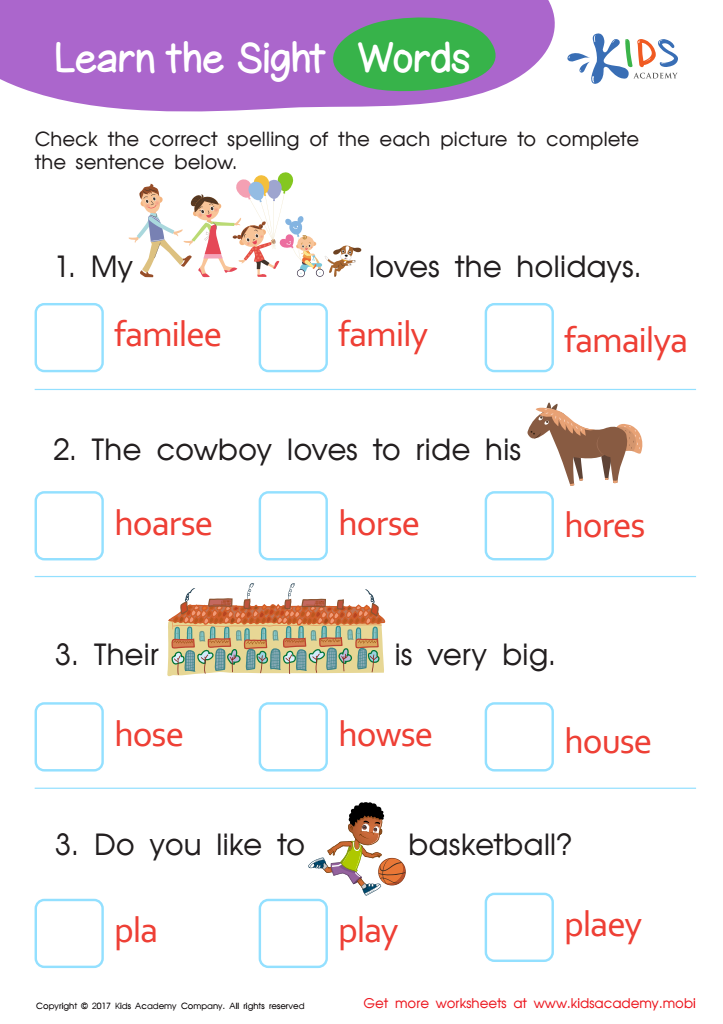

Family, Horse, House, Play Sight Words Worksheet
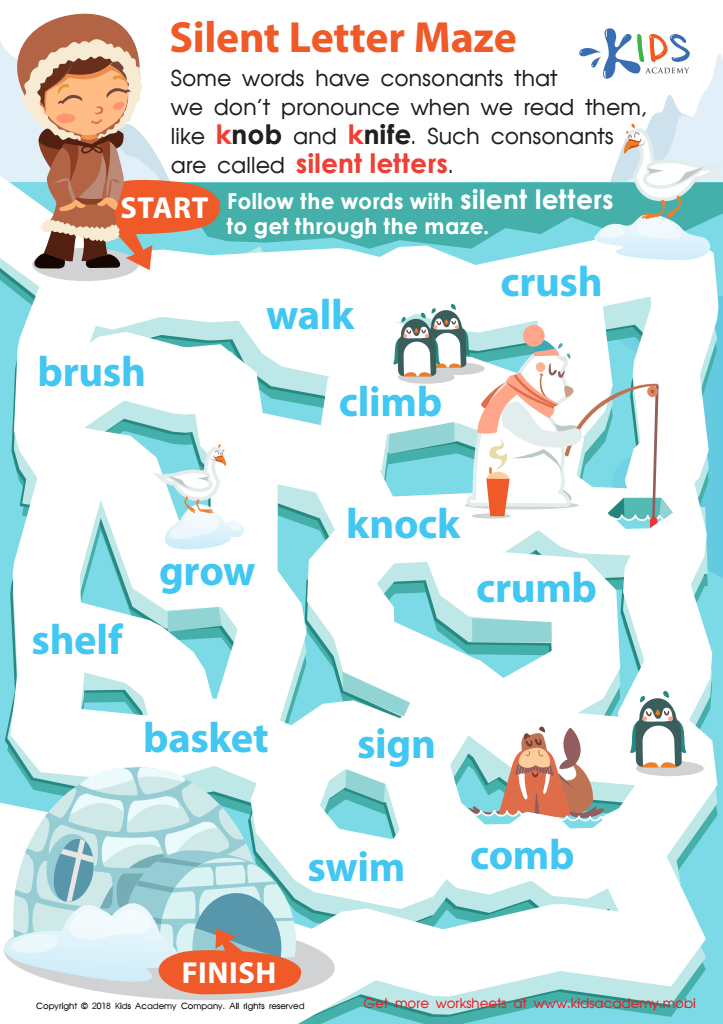

Silent Letter Maze Worksheet
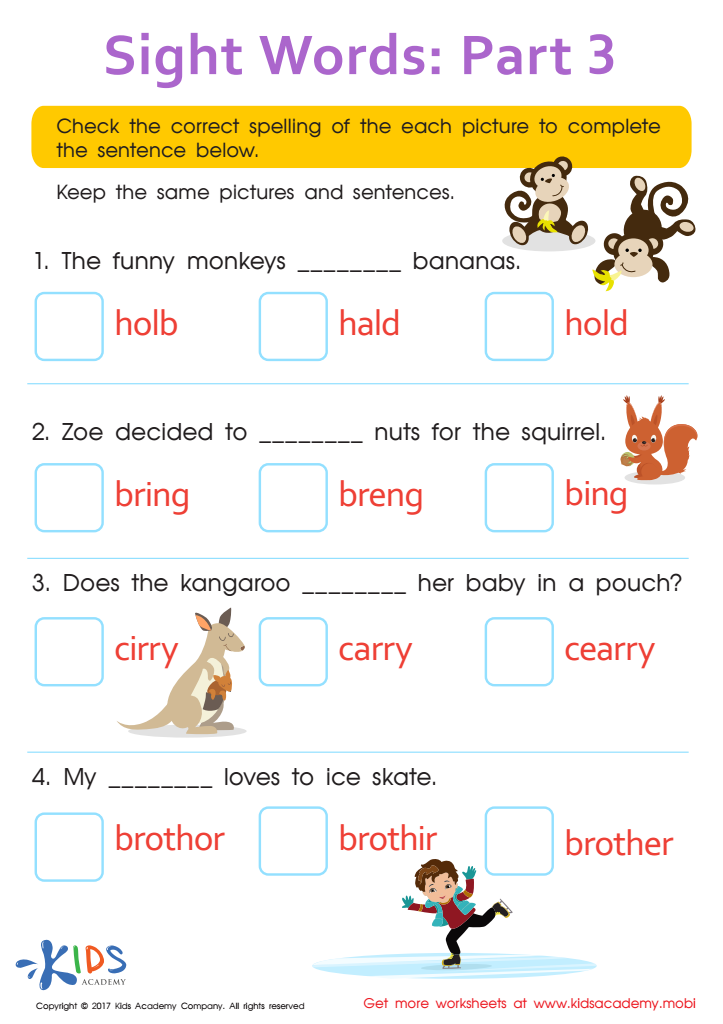

Hold, Bring, Carry, Brother Sight Words Worksheet
RF.3.3.D focuses on phonics and word recognition for third graders, which are crucial components of literacy development. This standard requires students to demonstrate an understanding of how words are constructed and the ability to read and decode new words. Parents and teachers should care about this standard because proficiency in phonics directly impacts a child's reading fluency and comprehension.
Without a solid grasp of phonics, children may struggle to recognize words, thus affecting their confidence and enthusiasm for reading. Understanding word patterns and sounds enables students to tackle unfamiliar texts independently, fostering a lifelong love for reading. Moreover, skilled word recognition serves as a foundation for academic success across subjects; reading comprehension is key in subjects like science and social studies, where students are often required to interpret complex texts.
Additionally, focusing on this standard equips students with essential skills for standardized tests and eventual success in higher grades. Engaged parents and teachers can support their children by providing targeted reading interventions at home and in the classroom. Incorporating games, phonics practice, and guided reading sessions are great ways to enhance children's phonics skills, ensuring they are well-prepared for future learning challenges.
 Assign to My Students
Assign to My Students






